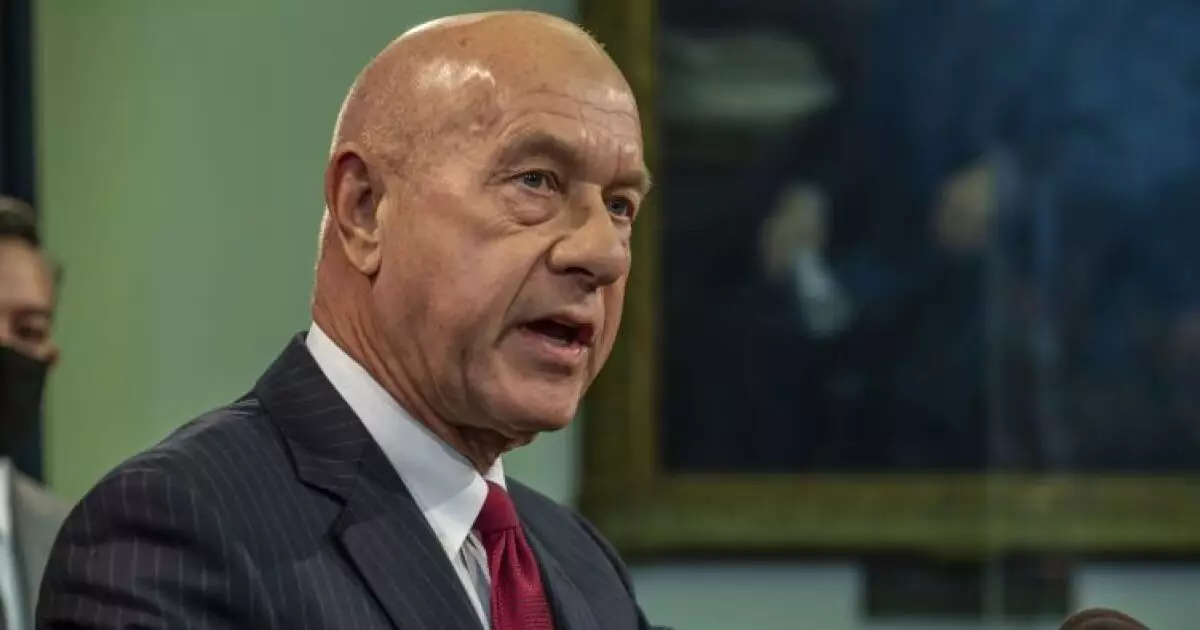The recent investor conference hosted by Houston Controller Chris Hollins has sparked a heated conflict with Mayor John Whitmire occupying the center stage of this political drama. Mayor Whitmire has raised concerns regarding the integrity of corporate sponsorships for the event, labeling them under a “pay-to-play” framework. This term indicates a potentially unethical practice where financial contributions are correlated with favorable treatment from public officials. Such allegations pose serious implications not only for Hollins’ credibility but also for the broader governance landscape within Houston. The mayor’s subsequent request for an investigation into these sponsorships reflects a warranted concern for transparency and equity in the distribution of city resources.
At the heart of this conflict lies the financial structuring of both Hollins’ investor conference and the mayor’s State of the City address. Hollins asserted that the fundraising model utilized for his event—seeking sponsorships from various corporate entities for a non-profit initiative—mirrored practices employed during the mayor’s speech. Yet the mayor contended that corporate sponsorships for the conference signal an ethical dilemma that could jeopardize the integrity of public office. The disparity between the number of sponsors for both events, with the conference drawing support from investment banks and law firms, and the State of the City boasting over 70 sponsors, only serves to heighten the scrutiny over how these funds are sourced and allocated.
In retaliation to the mayor’s allegations, Hollins has called for the Houston inspector general’s office to investigate the sponsorships linked to the mayor’s address on Sept. 17. This counteraction not only underscores the contentious nature of their relationship but raises questions about the motivations behind each official’s scrutiny. While Hollins characterizes the mayor’s claims as baseless, the inherent competition between the two elected officials hints at deeper underlying issues related to political authority, accountability, and public trust. This rivalry cannot simply be framed as a quest for transparency; it is also about controlling the narrative surrounding city governance.
As both parties navigate this conflict, the implications extend beyond mere political posturing. The health of Houston’s financial ecosystem, particularly its ability to attract investment and maintain equitable governance, is at stake. With the investor conference attracting a solid turnout of professionals interested in Houston’s investment potential, Hollins aims to foster an environment conducive to economic growth. However, the ongoing tensions with Whitmire might undermine public confidence in the city’s leadership, thereby affecting future investment opportunities. Moreover, the revisions in conference agendas, which excluded the mayor and city officials, signal that business as usual may no longer go unchallenged in Houston’s political sphere.
As the rivalry between Hollins and Whitmire unfolds, it reveals a critical moment for Houston. The outcome of this conflict may reshape not only the mechanisms of fundraising and sponsorships in governmental projects but also the public’s perception of ethical governance within the city.

